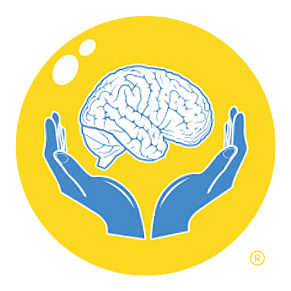What Happens to the Brain in Alzheimer's Disease?
Blog:What Happens to the Brain in Alzheimer's Disease?

What Happens to the Brain in Alzheimer's Disease?
Alzheimer's disease is a progressive neurological disorder that affects millions worldwide. At A Ray of Hope, we provide comprehensive neurology services to help patients understand and manage this complex condition. Here's a look at what happens to the brain in Alzheimer's disease.
The Early Stages
In the early stages of Alzheimer's, changes in the brain may begin up to a decade before symptoms become noticeable. This phase is often characterized by the buildup of amyloid plaques and tau tangles. Amyloid plaques are clumps of protein fragments that accumulate between nerve cells, while tau tangles are twisted fibers of another protein that form inside cells. These changes disrupt communication between neurons, leading to the first signs of cognitive decline.
In the later stages, Alzheimer's disease affects almost all brain functions. Patients may lose the ability to carry on a conversation, recognize loved ones, and perform daily activities. The extensive brain damage leads to severe memory loss, confusion, and profound physical decline. At this stage, full-time care is often required to ensure the safety and well-being of the patient.
Progression of Alzheimer's
As Alzheimer's progresses, the brain undergoes significant structural and functional changes. The hippocampus, essential for memory formation, is often one of the first regions affected. As the disease spreads, it leads to the shrinking of the brain (atrophy), particularly in areas responsible for thinking, planning, and remembering. The progressive loss of neurons and synapses severely impacts cognitive functions, causing difficulties with language, disorientation, mood swings, and behavioral changes.
Late Stages of Alzheimer's
In the later stages, Alzheimer's disease affects almost all brain functions. Patients may lose the ability to carry on a conversation, recognize loved ones, and perform daily activities. The extensive brain damage leads to severe memory loss, confusion, and profound physical decline. At this stage, full-time care is often required to ensure the safety and well-being of the patient.Importance of Early Detection
Early detection of Alzheimer's disease can make a significant difference in managing the condition. At A Ray of Hope, our neurology experts offer advanced diagnostic tools and personalized treatment plans to slow the progression and improve the quality of life for patients and their families. By understanding the early signs and seeking professional help promptly, you can access the necessary support and interventions.




